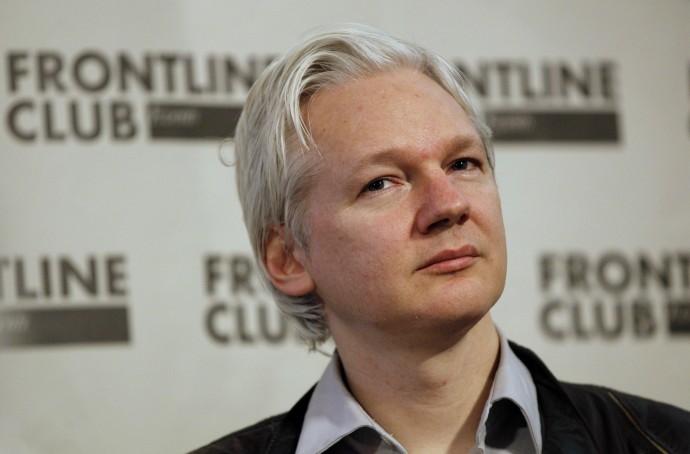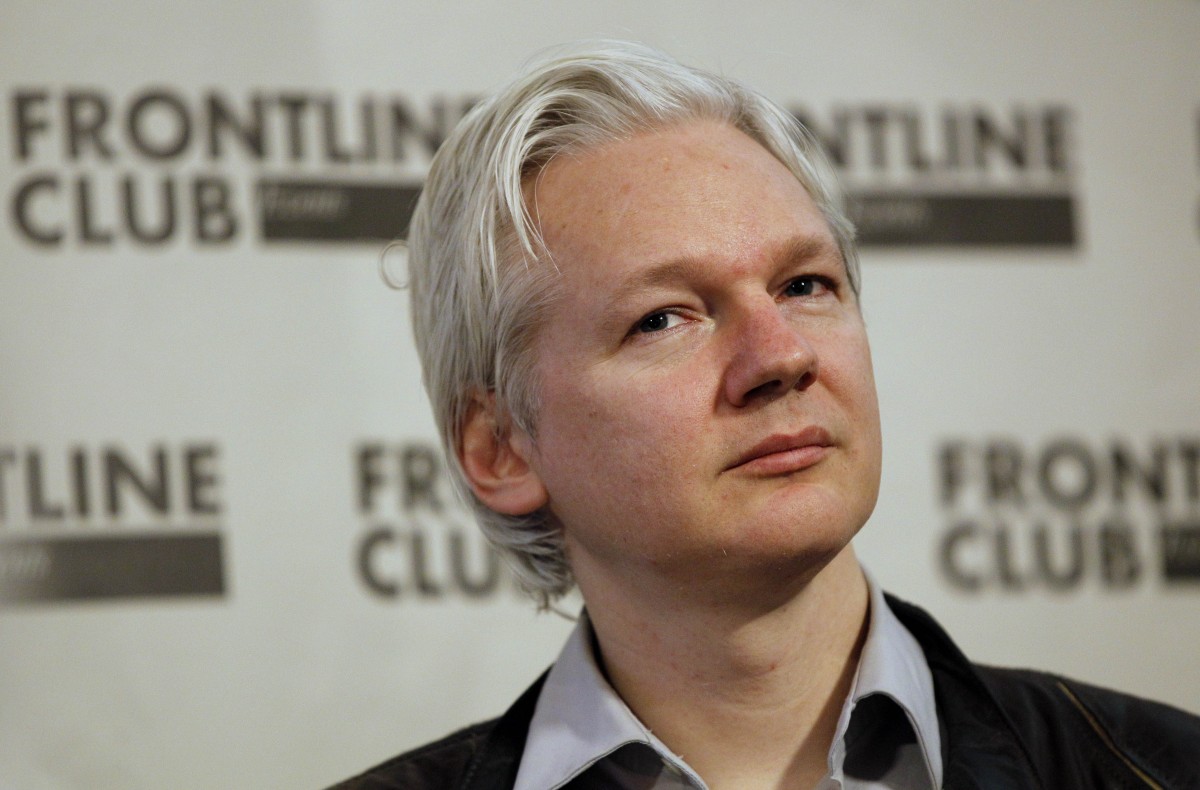
(MintPress) – Strategic Forecasting (Stratfor) became the latest target by data discloser Wikileaks over the weekend, having more than five million private e-mails released by the world-renowned whistleblower. The e-mails detailed “Stratfor’s web of informers, pay-off structure, payment-laundering techniques and psychological methods,” according to Wikileaks.
Online hacking and activist group Anonymous is said to have played a role in obtaining the e-mails for Wikileaks. Wikileaks has not confirmed that report.
Stratfor is a global intelligence firm that gathers information “via rigorous open-source monitoring and a global network of human sources. Analysts then evaluate events looking through the objective lens of geopolitics,” according to its website. Stratfor, headquartered in Texas, said the leak is a “deplorable, unfortunate – and illegal – breach of privacy.”
Stratfor publishes a daily intelligence briefing and reports that are available through a subscription service. These subscriptions can be purchased by anyone, but Stratfor looks to other organizations around the world to form partnerships with to provide its private intelligence to.
It is reported that Anonymous first hacked Stratfor last December, obtaining e-mails, passwords and credit card information easily because the group said none of the information was encrypted.
Control
Arguably one of the most revealing email threads within the release is an email exchange from December 6, 2011 between analyst Reva Ballah and Stratfor founder and CEO George Friedman. In it, Ballah is updating Friedman on the health of Hugo Chavez and the anticipated power struggle within Venezuela.
In the exchange, Ballah begins questioning a source she is using. She says the source is usually trustworthy, but that she has “gotten better at reading him over the years to tell when he’s feeding me shit and when he’s giving useful info – his info on the VZ regime has checked out, but i tend to be more skeptical on iran-related info.”
Friedman offers his own advice to Ballah about telling whether a source is of value or not.
“The problem with analyst sources is they are unqualified. This means that we don’t have clarity on their sources and therefore can’t evaluate accuracy. This could be valuable humint or pure rumint,” Friedman wrote. “One of the reasons I want you to execute missions is to learn how to evaluate sources. This is a very difficult art but one that you must learn. The gut is to be trusted only after its well trained.”
Ballah responded back in defense of her skills and ability to evaluate a source: “Yes, I have much to learn and I may be just an analyst, but I’m not 100% incapable of evaluating a source I’ve known for a while. I’ve listened to what you’ve told me about reading a source (the Turk with the twitch). I figured out what this source’s twitch is in reading his eyes.”
Friedman countered by suggesting Ballah use any means necessary to “control” her source.
“If this is a source you suspect may have value, you have to take control od (sic) him. Control means financial, sexual or psychological control to the point where he would reveal his sourcing and be tasked,” Friedman wrote.
Modest reveal
However, of the files released so far to the Internet, much of the content is of little consequence and an Associated Press report called the preliminary release “generally mundane — dealing with training, staffing, budgets and administration.”
Wikileaks, however, hails the totality of the report as a look into Stratfor’s relationship with large corporations and the government. It is unclear when the release, called “The Global Intelligence Files,” will be completed. Wikileaks director Julian Assange promised more edgy material in the coming weeks, though.
“They reveal the inner workings of a company that fronts as an intelligence publisher, but provides confidential intelligence services to large corporations, such as Bhopal’s Dow Chemical Co., Lockheed Martin, Northrop Grumman, Raytheon and government agencies, including the US Department of Homeland Security, the US Marines and the US Defence Intelligence Agency,” Wikileaks posted.
Assange commented on what is still to come in future releases, saying Stratfor is “simply out of control.” Assange accused Stratfor of making investments based on intelligence it had received and monitoring activist groups for multinational corporations.
“What we have discovered is a company that is a private intelligence Enron,” Assange said.
One email released in the cable touted the company’s secrecy as a good thing that should be valued.
“I think showing too much of our inner workings devalues our Mystique,” the email said. “People don’t know how we collect our intelligence and that’s one of the cool, mysterious things about STRATFOR.”


